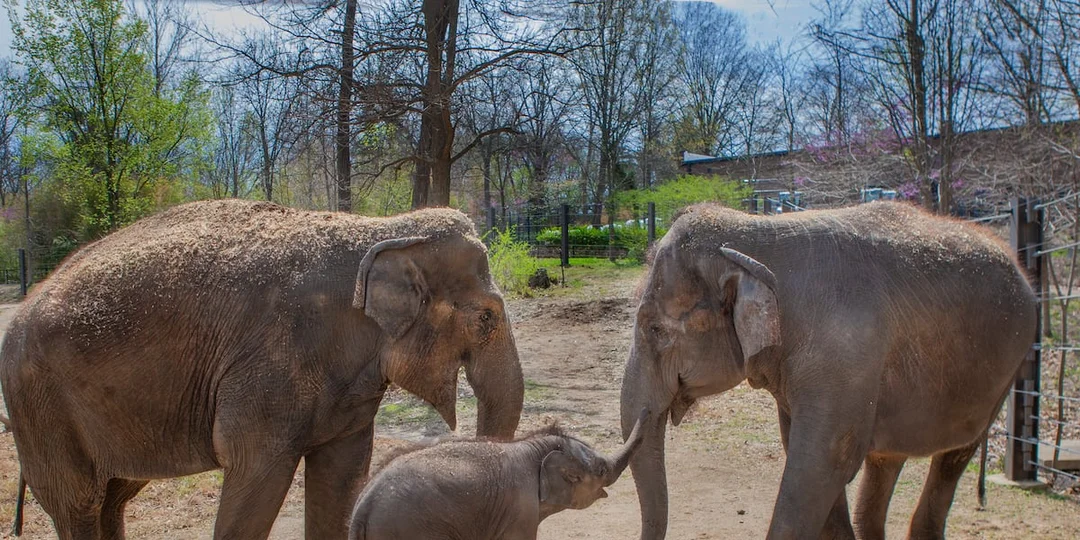
Jet The Baby Elephant: A Heartwarming Debut At St. Louis Zoo
In a moment that warms the hearts of animal lovers and advocates alike, Jet, the first Asian elephant calf born through artificial insemination at the St. Louis Zoo, has finally made his public debut. This event is not just significant for the local community but also crucial for the conservation efforts of endangered species.
Born on November 23, 2024, Jet spent the initial five months bonding with his mother Jade and learning about his surroundings. He has been a source of excitement and curiosity, now weighing in at a healthy 578 pounds, having gained over 300 pounds since birth. "Jet is a curious young elephant. He loves to run around, play in the dirt, and climb over logs," shares Katie Pilgram-Kloppe, the Zoological Manager of River’s Edge at the St. Louis Zoo. His playful nature and eagerness to interact with his training team show that he is adapting well to his new environment.

This debut not only highlights the zoo's commitment to conservation but also sheds light on the technological advancements in wildlife breeding. Jet's father, Jake, resides in the Denver Zoo Conservation Alliance, marking a significant step in the genetic diversity of a species that is facing threats in the wild.
What’s more heartening is Jet's relationship with another elephant, Sri, who, despite not being related, has taken on a nurturing role, affectionately dubbed "auntie" by the zookeepers. This bond is vital in Jet's upbringing, as relationships within social structures can play a crucial role in the development of young elephants.
Jet will be making frequent appearances at the River's Edge habitat, allowing visitors to witness his growth and personality development. There is no pre-set schedule, but it is expected that zoo-goers will have plenty of opportunities to see this enchanting calf interact with his environment.
As we celebrate Jet’s arrival and his burgeoning personality, we must also reflect on the vital role zoos play in conservation and education. How can we continue to support such efforts? What are your thoughts on the breeding of endangered species in captivity? Let us know in the comments below!